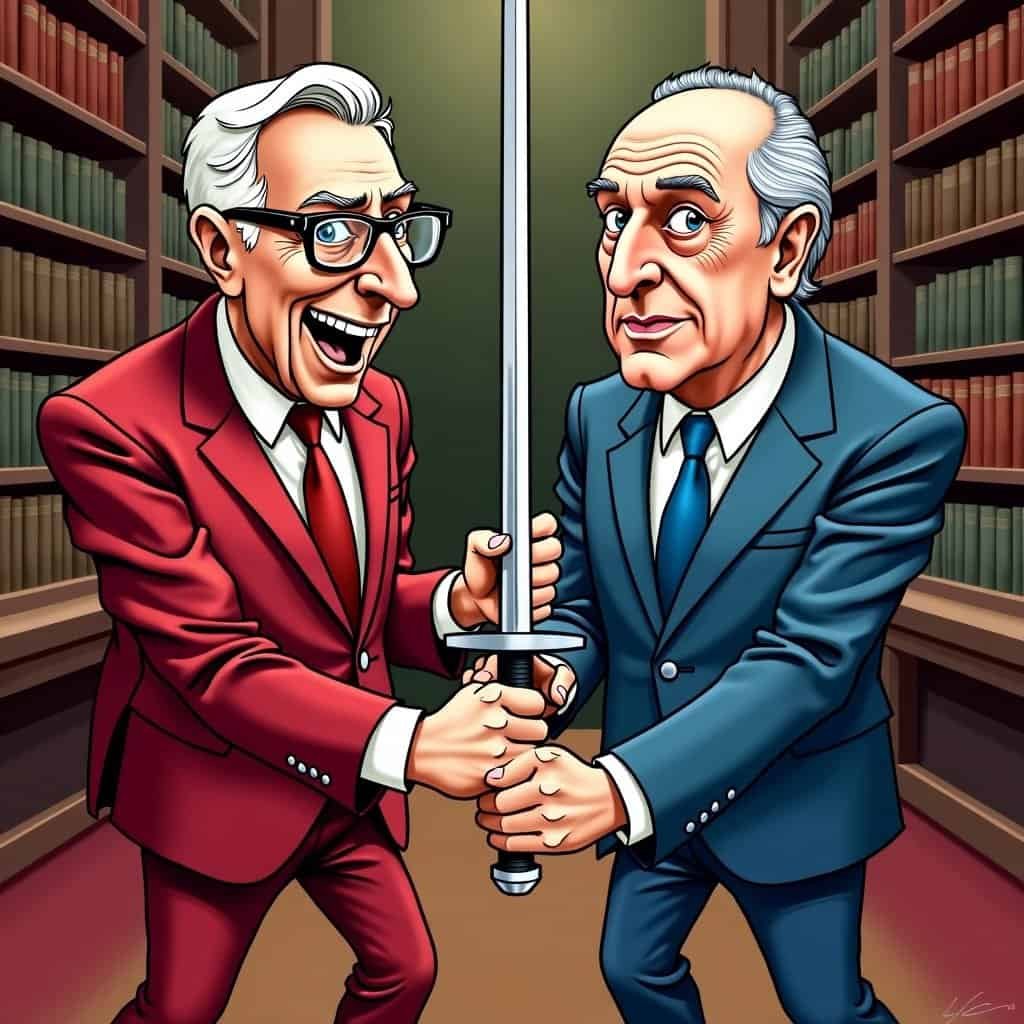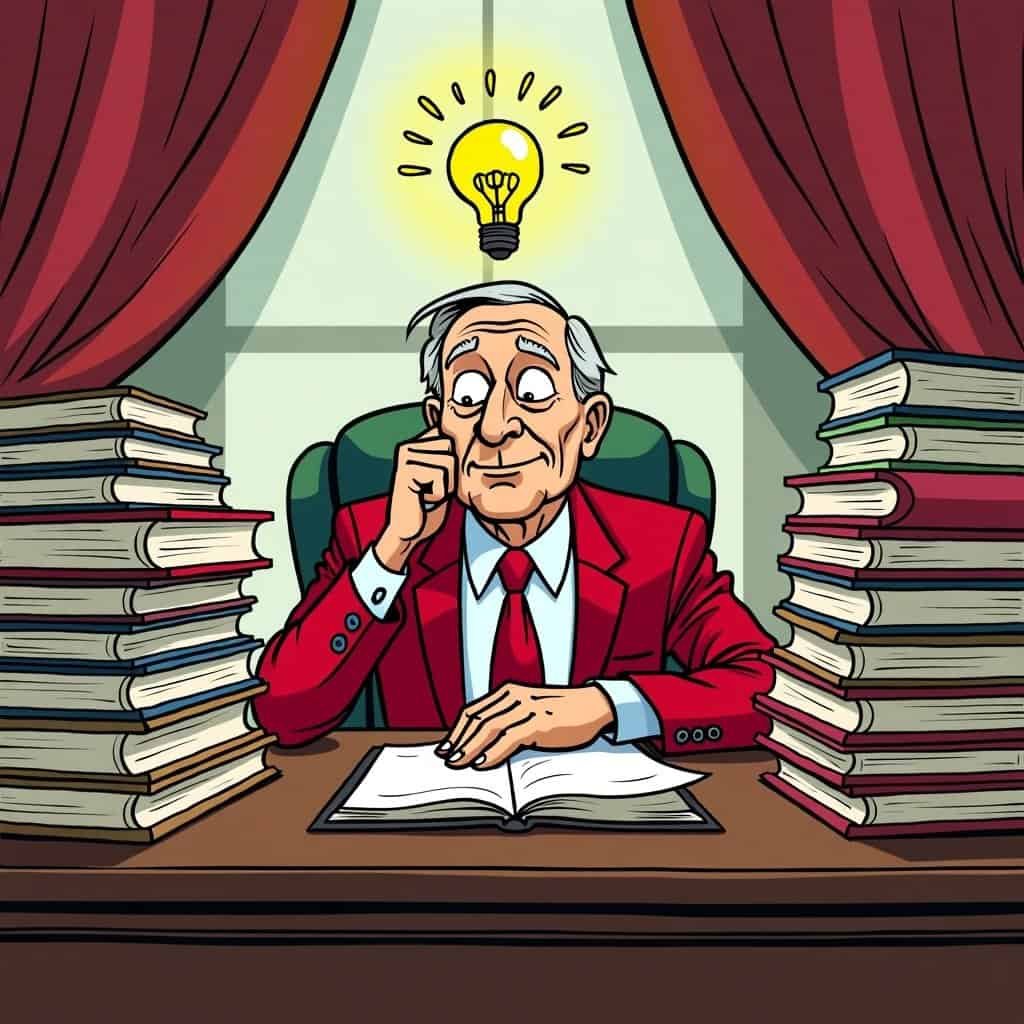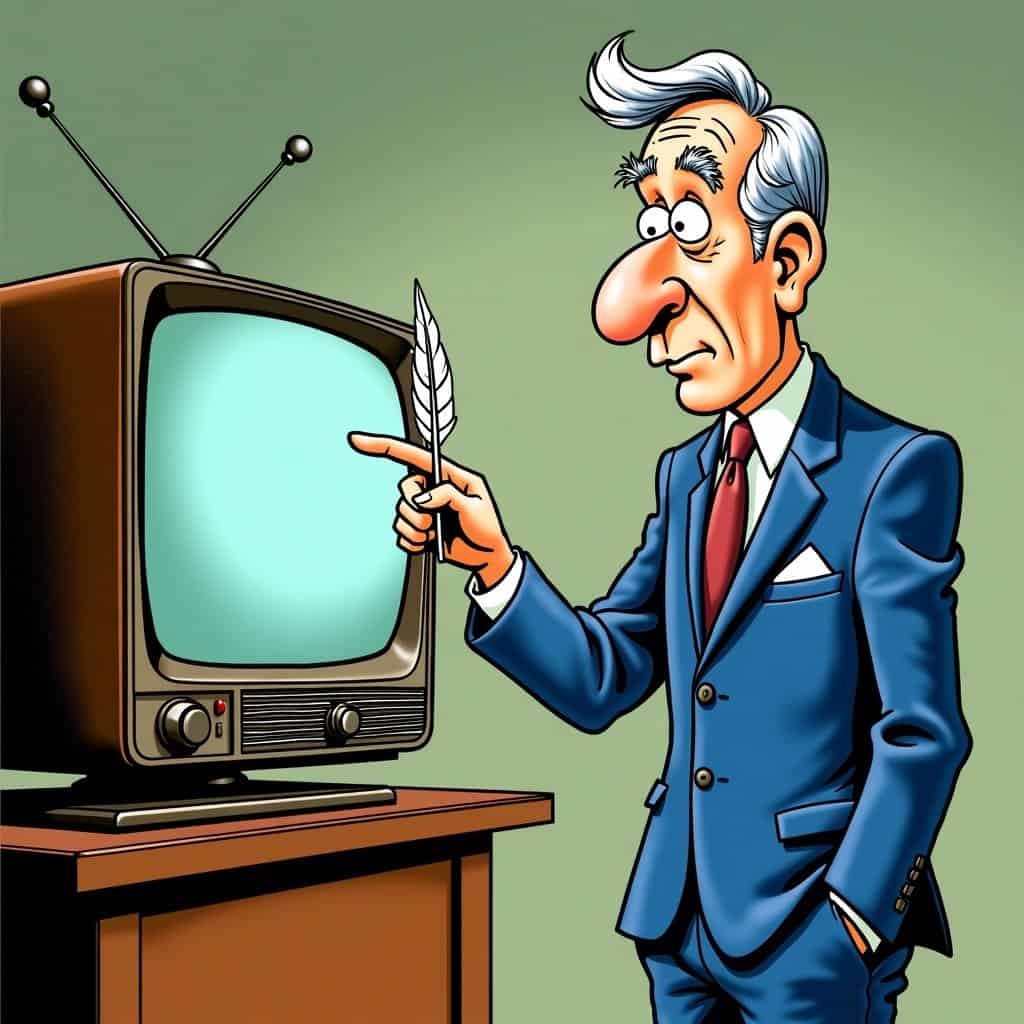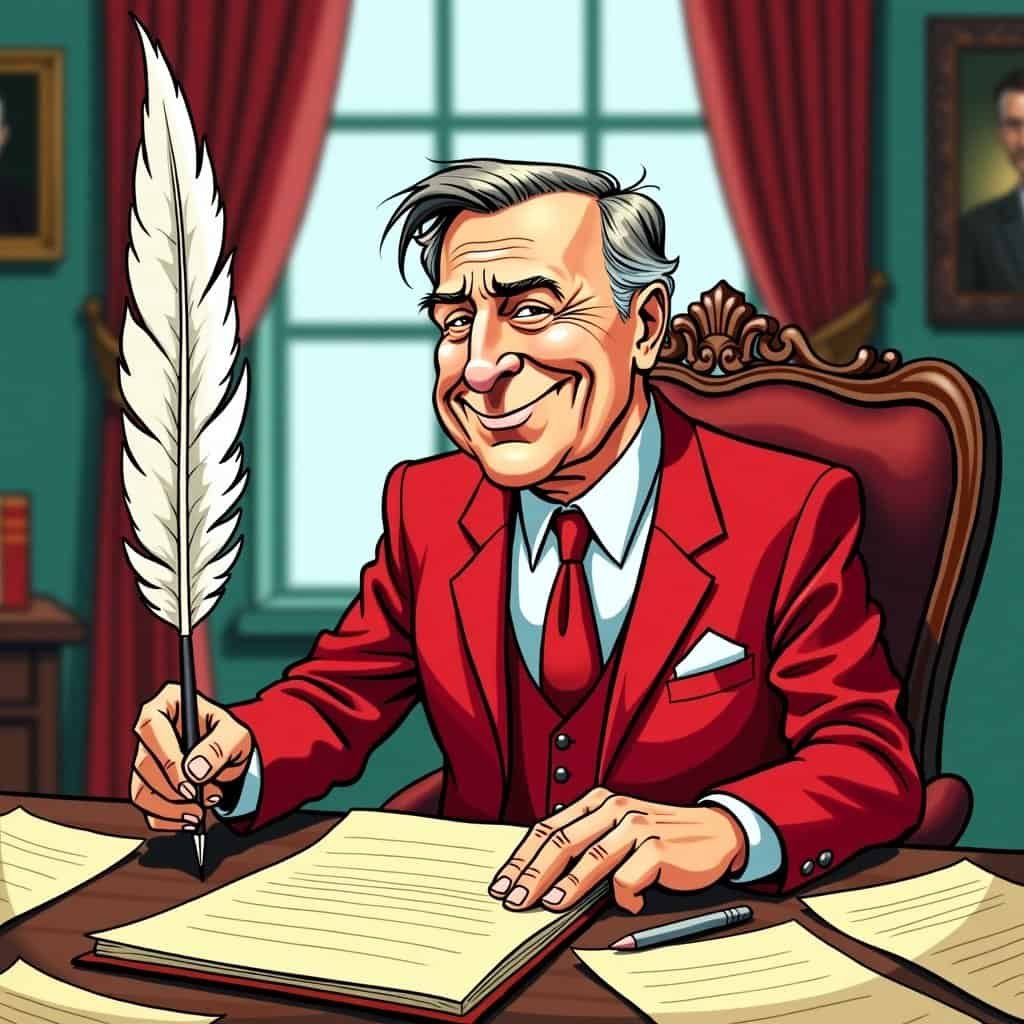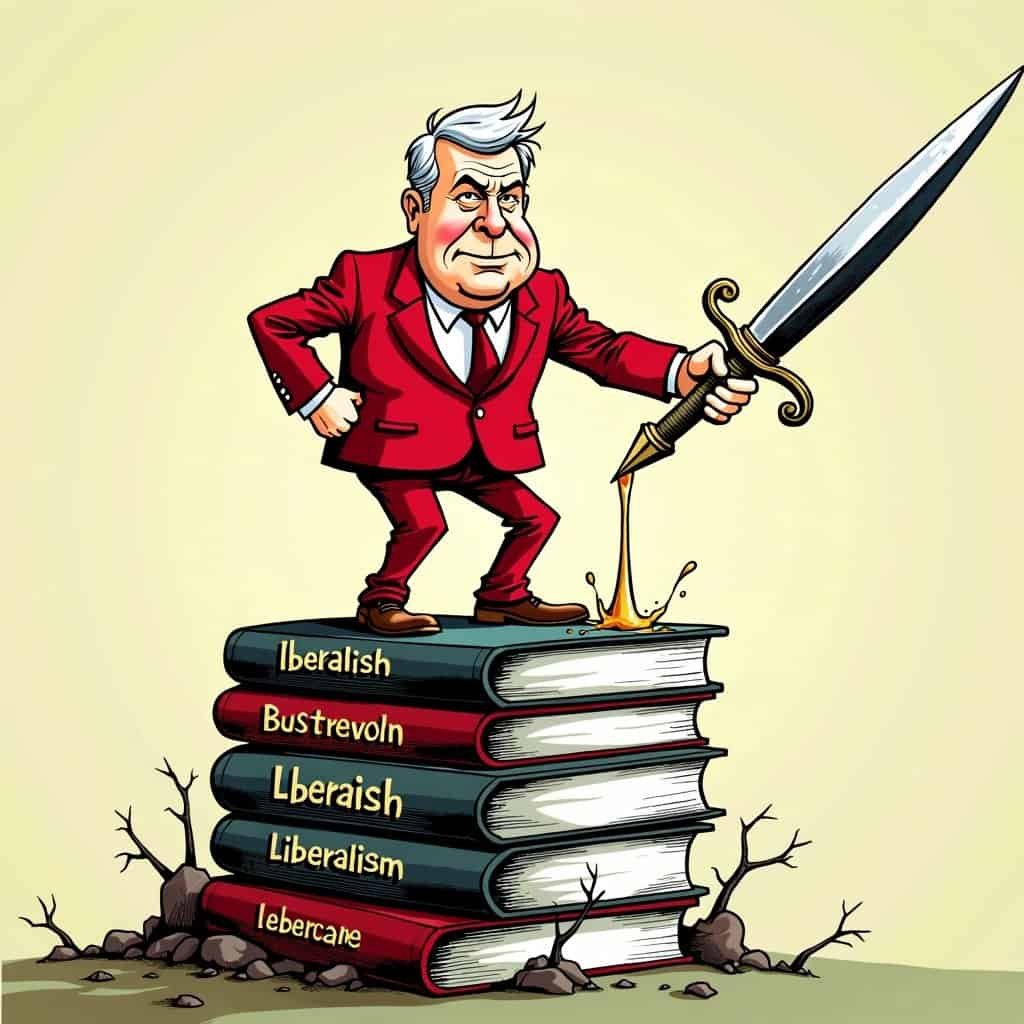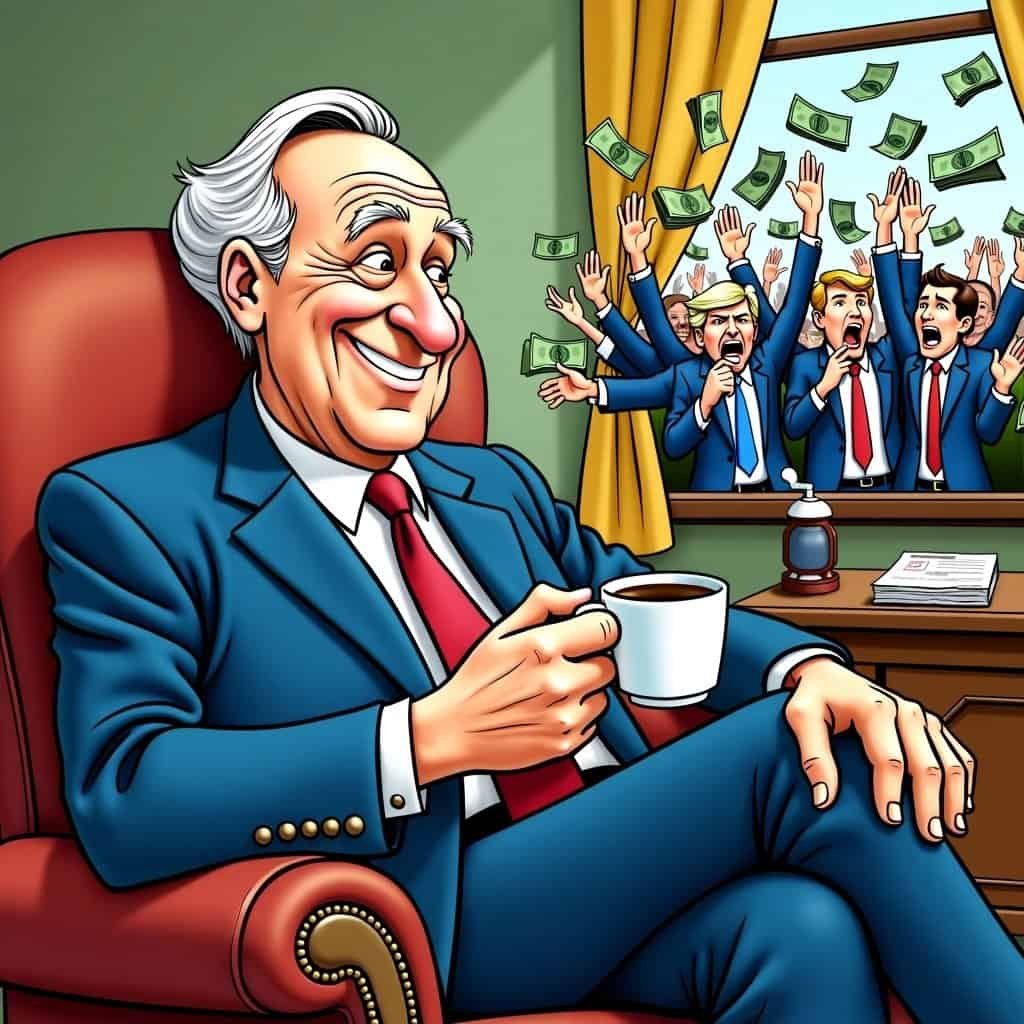Picture it, dear reader: Buckley versus Chomsky. This wasn’t just a debate; it was an encounter between a conservative sentinel and a liberal firebrand. The arena? Television sound stages and public auditoriums. These two titans locked horns on every topic you can imagine—but mostly the big ones: politics, morality, and society. Hang on to your hats, because we’re going in.
William F. Buckley Jr., the venerable founder of National Review, was known for his urbane wit and remarkable ability to wrap an argument tighter than a Christmas bow. Buckley was our conservative bard, the maestro of measured speech and caustic humor. Enter Noam Chomsky, the liberal linguist who made a name for himself as a fierce critic of American foreign policy. The contrast was juicier than a summer peach.
One such intellectual firefight occurred in 1969, just after Neil Armstrong had taken that small step for man but before anyone had stepped back and realized how much we’d grown—from a culturally conservative perspective, anyway. Buckley, with his distinctive patrician drawl, took Chomsky to task on the Vietnam War. Buckley argued that America had the right—nay, the duty—to stop the red tide of communism from sweeping through Southeast Asia. He brought up the domino theory like it was a centerpiece at Thanksgiving dinner.
The Great Debate: Buckley vs. Chomsky
Chomsky, never one to shy away from a good argument, fired back that the U.S. was acting like an international bully, deserving the world’s condemnation. He painted a picture of atrocities and imperialism, all laced with moral outrage and unrelenting scrutiny of American foreign policy. Buckley’s rebuttal? He maintained that America’s intervention was necessary to preserve freedom and protect democratic allies. It’s almost like watching a Kasparov-Karpov chess match—fascinating, intricate, and oh-so-high-stakes.
Let’s break this down in simpler terms. Imagine you’re at a barbecue. Buckley’s got the spatula, flipping burgers and firmly believing that a strong military presence worldwide keeps the party going. Chomsky, on the other hand, is the guest telling everyone that the backyard grill is producing way too much smoke, criticizing the very charcoal that keeps the party roaring. Both had points to make—Buckley’s sense of duty and responsibility versus Chomsky’s call for ethical consistency.
Why This Debate Still Matters
So why does this Buckley vs. Chomsky face-off remain a gold standard for debates? First, let’s touch on the conservative values Buckley so eloquently represented. Individual liberty, national defense, and the virtue of a market-driven economy were more than talking points—they were pillars of a worldview that believes in minimal government intervention and maximum personal responsibility.
Key Points of Contention
| Issue | Buckley’s View | Chomsky’s View |
|---|---|---|
| Economy | Free market promotes innovation | Government intervention needed |
| National Defense | Strong military safeguards freedom | Military actions often harmful |
| Government Role | Minimal intervention | Remedy social issues |
Conservatives argue that promoting a free market encourages innovation and prosperity. In contrast, Chomsky proposed more government intervention, seeing it as important to fix social problems. In the right corner, Buckley championed the idea that a strong national defense safeguards our freedoms. Chomsky’s left-corner stance was that America’s military actions often did more harm than good. It’s a classic struggle of ideas that still echoes today.
Buckley’s Sharp Wit
Now, let’s not forget Buckley’s sharp wit. When Chomsky waxed lyrical on American guilt, Buckley cleverly reminded him that accountability is important, but so is action. “We mustn’t just sit on the sidelines,” Buckley might say, “wringing our hands while the world teeters on the brink of chaos.” He understood that while America isn’t perfect, it’s the best vessel for freedom and democracy—a far cry better than any socialist utopia Chomsky and his friends dreamed of.
Lessons for Today
In reliving these debates, it’s important to recognize the takeaways for today. Conservatives still value the importance of strong national defense, individual liberties, and an economy freed from excessive government control. These values empower individuals to innovate, work hard, and build prosperous lives without being bogged down by statism or collectivist schemes—the very things that Buckley warned against. “A rising tide lifts all boats,” Buckley might say, metaphorically describing his economic philosophy. Prosperity grows not from redistribution, but from enabling everyone to participate in the venture of growth and success.
So here we are, decades later, and still the echoes of Buckley vs. Chomsky ring out. Their debates serve as more than historical curiosities; they are vibrant reminders of the enduring clash between conservative values that emphasize personal responsibility and liberal ideals focused on government intervention.
For conservative readers, the message is clear: Live by the principles that Buckley so skillfully championed. Stand firm in your beliefs, debate with eloquence and humor, and never shy away from defending the values that make our country great. After all, it’s this mix of ideas and a community grounded in personal liberty and self-reliance that builds a stronger America.
Table of Contents
- The Great Debate: Buckley vs. Chomsky
- Why This Debate Still Matters
- Buckley’s Sharp Wit
- Lessons for Today
